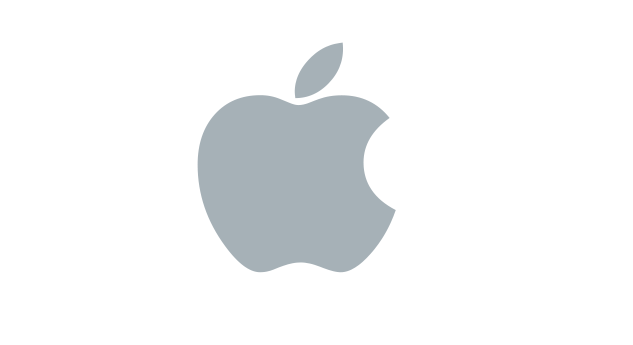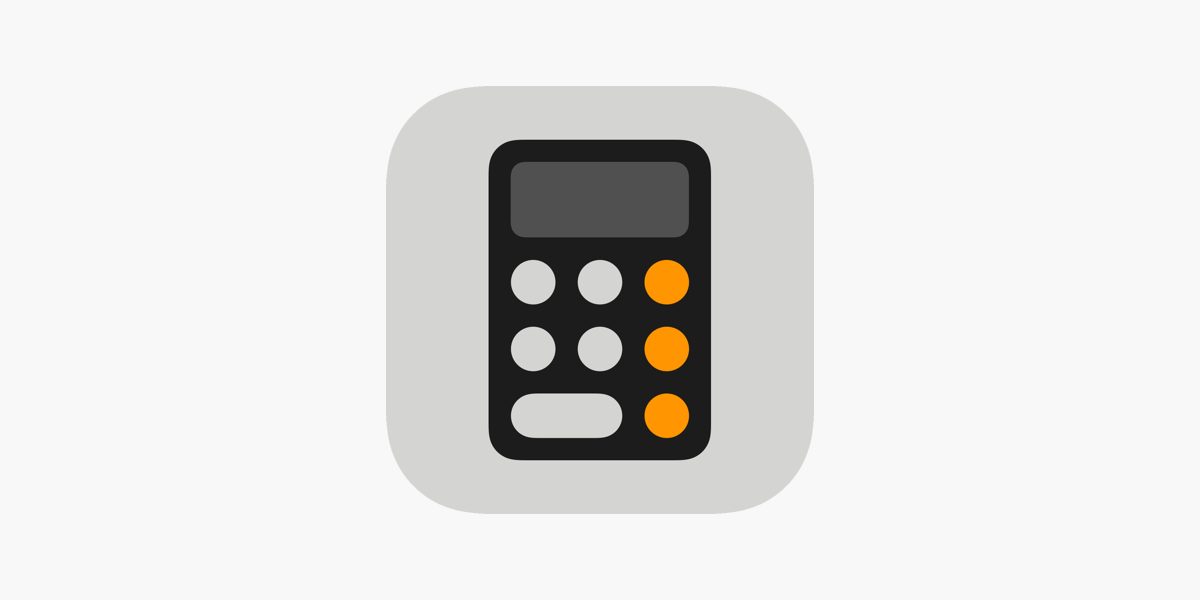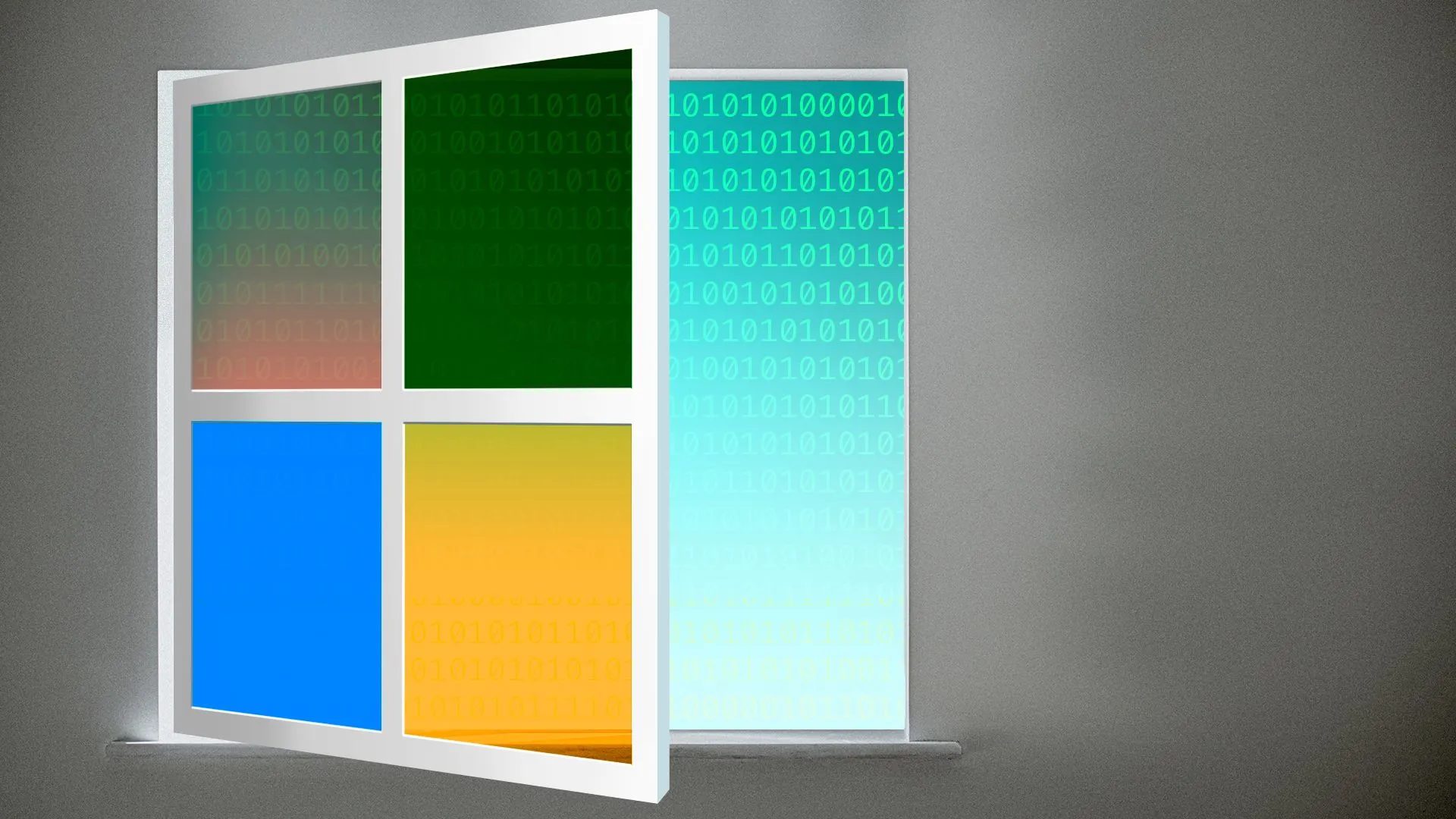
Apple to Challenge EU Over Record €13 Billion Tax Evasion Case
A panel of judges in Luxembourg on Tuesday will begin hearing arguments concerning Apple and the world’s biggest tax case.

According to a new report from Reuters, Apple is set to launch a legal challenge tomorrow over an order by the European Commission to pay €13 billion in Irish back taxes, as the EU seeks to crack down on tax avoidance by multinational companies. Chief Financial Officer Luca Maestri will reportedly lead the company’s delegation into Luxembourg’s General Court on Tuesday.
The tech giant was accused of having dodged taxes and received €13 billion illegal state aid from Ireland by the European Commission in 2016. The Commission said Irish tax rulings in 1991 and 2007 had artificially reduced Apple’s tax burden over two decades, enabling the tech titan to pay a tax rate of less than one percent — in defiance of EU law.
“Two tax rulings granted by Ireland have artificially reduced Apple’s tax burden for over two decades, in breach of EU state aid rules. Apple now has to repay the benefits worth up to €13 billion, plus interest,” EU Competition Commissioner Margrethe Vestager said in 2016.
“This decision sends a clear message: Member States cannot give unfair tax benefits to selected companies. No matter if they are European or foreign, large or small, part of a group or not.”
Apple is expected to make the argument that in Ireland it pays taxes for the functions it does there and that the vast bulk of the firm’s taxes are due in the United States where the company generates intellectual property and develops, designs, and engineers products. Apple alleges the commission failed to prove that Apple was treated selectively.
“This claim has no basis in fact or in law,” Apple CEO Tim Cook said in 2016. “We now find ourselves in the unusual position of being ordered to retroactively pay additional taxes to a government that says we don’t owe them any more than we’ve already paid.”
A ruling is expected by the end of next year. But whatever the outcome, the losing party is set to appeal. After that, an appeal is likely to go through the European Court of Justice where the case is expected to take three to four years to reach a conclusion.

